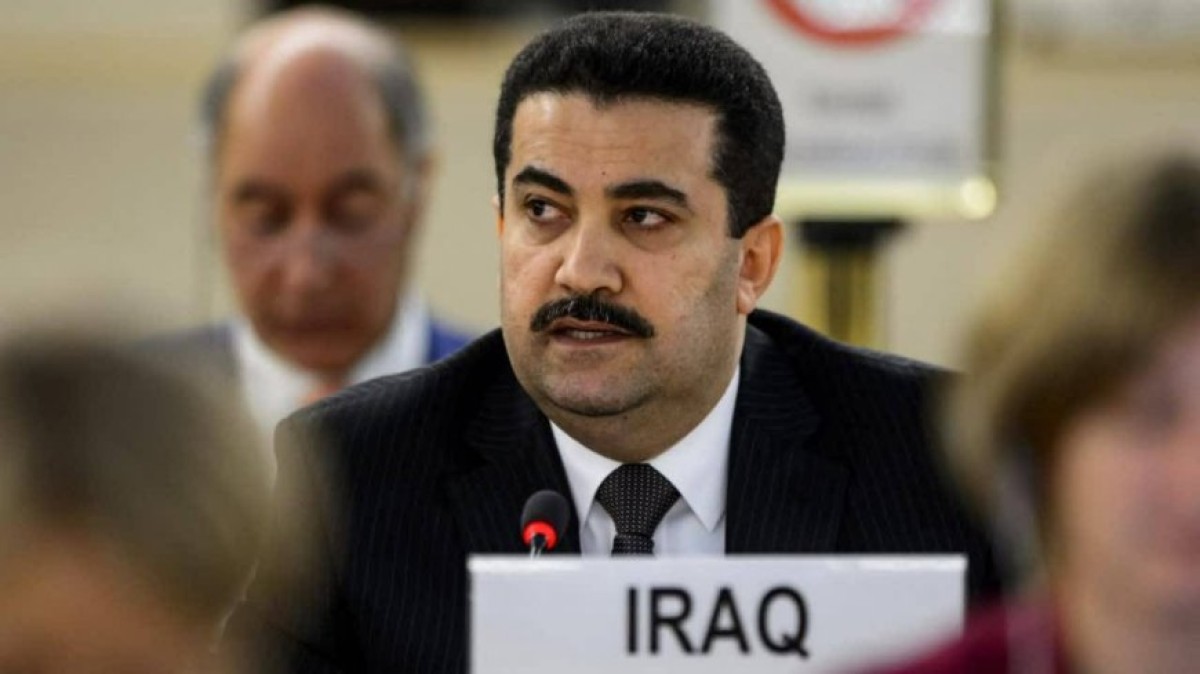 288
288
The Complex Dynamics of Iraq-US Negotiations: Navigating Sovereignty, Security, and Geopolitical Interests
The Complex Dynamics of Iraq-US Negotiations: Navigating Sovereignty, Security, and Geopolitical Interests
Over the past few days, the Iraqi Ministry of Foreign Affairs has officially declared the success of the negotiations with the United States, which entails the formation of working groups aimed at formulating a meticulous timetable for the gradual reduction of American troops within Iraq. However, it is crucial to note a disparity in the statements issued by the respective governments.
By: M. S. Qorbani
While the Iraqi Foreign Ministry emphasizes the gradual reduction of foreign military advisors and the ultimate cessation of the US mission in Iraq, the statement from US Defense Secretary Lloyd Austin alludes to the initiation of meetings in the near future with the objective of establishing a new security partnership between the United States and Iraq.
Iraqi officials have consistently advocated for the withdrawal of US-led coalition forces, particularly following the martyrdom of General Qasem Soleimani and Abu Mahdi al-Muhandis on January 3, 2020. In fact, the Iraqi parliament even passed a resolution to end the US military presence in the country, although this has yet to be implemented.
The call for the withdrawal of US forces from Iraq has been further intensified by the Israeli war on the Gaza Strip, as the Iraqi resistance groups have launched a series of retaliatory assaults against US forces in Iraq and Syria since mid-October. These attacks, comprising over 150 missile and drone strikes, have inflicted severe casualties among a number of American soldiers, including cases of brain concussion.
In response, the United States has targeted bases associated with the Iraqi Hashd al-Shaabi forces (the Popular Mobilization Forces, PMF), which are officially under the purview of the Iraqi army. Understandably, Iraqi officials have expressed their dissatisfaction, decrying these attacks as flagrant violations of Iraqi sovereignty.
Iraqi Prime Minister Mohammed Shia' al-Sudani, speaking at the World Economic Forum in Davos, unequivocally stated that the presence of American troops in Iraq can no longer be justified. He asserted that the Iraqi army possesses the capacity to track down and combat the remnants of ISIS within the country. Al-Sudani defended this stance, citing Iraq's status as an independent and democratic nation, where the will of the people must be respected.
However, amidst these public declarations, reports have emerged that cast doubt on the consistency of the Iraqi government's position. Politico has revealed that, despite al-Sudani's recent announcement regarding the withdrawal of US forces, he has privately conveyed a desire to negotiate with US officials to maintain their presence in the country. Sources close to the prime minister have claimed that this seemingly contradictory approach is an attempt to appease the Iraqi political opposition.
It is evident that al-Sudani, backed by pro-Iranian political factions, is skillfully navigating the delicate balance between Tehran and Washington, emulating the approach adopted by his predecessor, Mustafa al-Kadhimi.
History has shown that the United States has often engaged in negotiations with various parties, only to disregard previous commitments. Therefore, it would be imprudent to hinge the fate of American troop withdrawal from Iraq solely on the outcome of the Baghdad-Washington talks. Ultimately, the complex dynamics at play in these negotiations reflect the balancing act between Iraq's aspirations for sovereignty, security imperatives, and broader geopolitical interests.
 288
288
Comment
Post a comment for this article